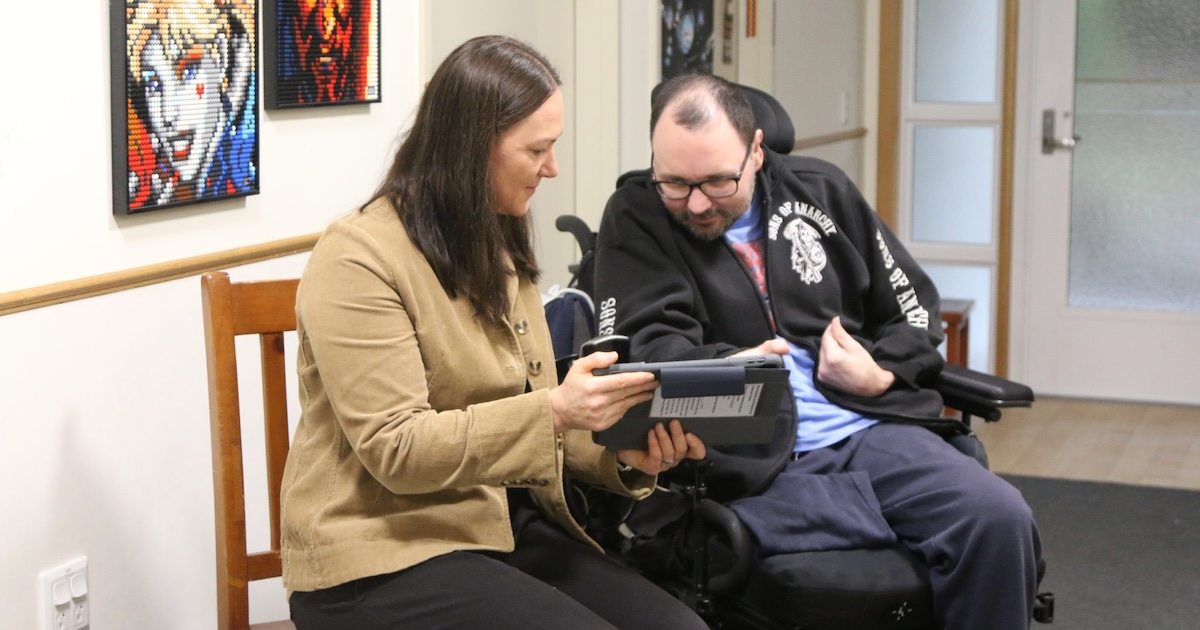Compliance audits dictate that healthcare institutions have complex needs when it comes to managing staff capabilities and related training as a result of critical systems implementation and National Safety and Quality Health Service standards (NSQHS) management.
This means that Learning Management Systems (LMSs) are becoming increasingly important as is their quality and functional richness.
The maturation of more robust and flexible educational technology standards, such as learning records management ‘Experience API (xAPI)’, also means institutions need to implement modern LMS that are being developed alongside the latest technologies.
But, deploying an LMS can be daunting, especially for learning and development teams that are already facing work overloads.
However, this can be simplified by:
- Assembling a representative, internal stakeholder group drawing from all the craft groups and key business units. Use them in the evaluation and keep them engaged in a governance role after deployment. Make them champions supporting the system internally.
- Choosing a good LMS, which should have strong standards support (SCORM, IMS, QTI, LTI and xAPI) and have a clear track record in healthcare and its problem space and a vector of ongoing development to keep up with trends in ICT.
- Choosing a good Ed Tech partner: There are specialist firms, usually with SaaS offerings. Look at their track record in healthcare and talk to clients about them. Look for one that offers close partnerships and expertise in the deployment and configuration of the LMS, and is not just a hosting service. Check their reputation for ongoing support.
- Planning out the project: Lean on your Ed tech partner for this as they would have done it over and over. Be sure to include a change management plan. Keep the project lean and don’t overcook it. An LMS deployment is not as complex as an EMR or Property Management System (PMS) one.
- Integrating HRIS and Single Sign Ons for process automation and change management.
- Automating key processes such as enrolment in mandatory training by job role.
- Focusing on the user: Ensure each type of user receives user experiences focused on their needs and make it as simple as possible.
- Cooperating as a community of practice: Form a community with other institutions using the software to share ideas, resources and lobby.
IMPROVED PROCESSES THOUGH INTEGRATION AND AI-STYLE AUTOMATION
Hospitals such as Austin Health and Eastern Health have all created detailed user data integrations between their Human Resources Information Systems (HRIS), as well as their LMS and Single Sign On with identity management systems.
The Single Sign On makes access to LMS easy for the user, but HRIS integration is key. The rich metadata on users such as their job roles, business units, associated cost centre data, their managers, their leave status, etc. all contribute for use in the LMS’ AI-style rules engine.
For example, a ward nurse will have a set of key compliance training courses to do, such as basic life support. A nurse working in ICU will have others such as advanced life support. These rules can all be mapped into the LMS rules engine.
As staff join the hospital workforce or move between roles, the relevant rights training will appear for them on the system. It will also make the difficult process of managing NSQHS compliance easier as the AI rules can be mapped to the NSQHS framework to ensure the right staff are trained in the right things and that reports track and demonstrate this achievement.
COOPERATE: COMMUNITIES OF PRACTICE
The LMS, once installed and configured, is like a living organism inside the institution’s ecosystem and needs ongoing nurture and governance.
This is frequently overlooked, affecting the ROI expected from the investment. One way to keep that nurtured is to cooperate with other institutions using the software.
For example, Austin Health and Eastern Health, along with other hospitals such as Royal Adelaide and Goulburn Valley are all members of the Totara Health User Group. This group meets every two months to share ideas and pursue strategic threads of interest.
For example, a common pain point has been in the transfer of health professionals from one hospital to another. The group’s members have initiated an R&D project funded at a network and government level to use the modern xAPI Ed Tech standard and switchboard key compliance training records between their LMSs automatically.
This has done away with the shoeboxes of printed certificates and time wasting of manual record keeping, letting the professionals focus on the important business of saving lives.
Alexander Roche is the Founder and Principal Educational Technologist for online learning infrastructure and services company, Androgogic.
